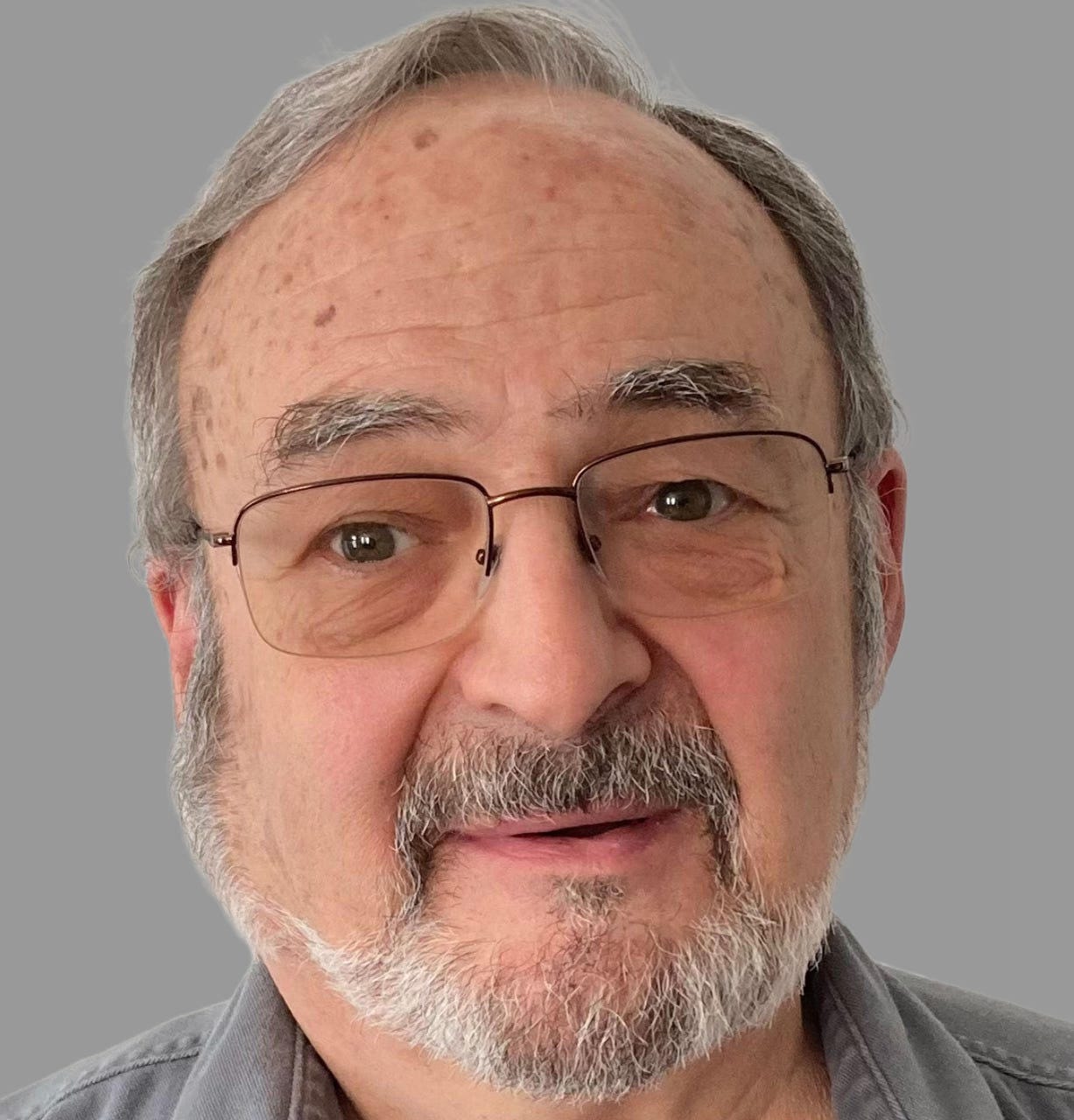This series showcases personal stories of addiction recovery and sobriety. Today’s edition is by
, a freelance writer from Brooklyn, NY, currently living in North Carolina with his wife and not far from his daughters and grandchildren. His best work these days can be found in his Substack newsletter, , and his serialized mythological tale, .When and how did you get sober?
There’s no simple “when” for me. I came into recovery in September 1989, and for many years it was a process of recovery and relapse. I’d stay clean and sober for almost a decade, and get high for a few days, then get back to work on recovery, and after another nine years I’d go out again.
Eventually, I got to a point where I simply couldn’t come back. I was using drugs daily for five years, watching my life fall apart and waiting to die, knowing there was a better way to live but not being able to get back to it.
Finally, after being arrested, being homeless, and experiencing complete desperation and not being able to live, I gave up. March 10, 2017. Of course, giving up was the key. It took so long to figure out that surrender was as simple as becoming exhausted. I have to say, I haven’t struggled since then.
What surprised you about getting sober?
It’s all been pretty surprising. The consistent surprise of learning that letting go of the reins is the key to everything. I always believed that I had to handle everything, that I had to control my life and everything in it. Sobriety has taught me that not only don’t I have to run it all, I can’t run it or run from it.
M. Scott Peck wrote, “Life is difficult. This is a great truth, one of the greatest truths. It is a great truth because once we truly see this truth, we transcend it. Once we truly know that life is difficult—once we truly understand and accept it—then life is no longer difficult. Because once it is accepted, the fact that life is difficult no longer matters.”
All it takes for me today is to quit bitching about it and get on with it.
What’s the biggest challenge you’ve encountered on your recovery journey?
It seems to me that addiction carries with it a form of amnesia. If I’m not actively in a process of living clean, of living sober, I begin to forget the horrors of that life. And when things get tough, desperate living through chemistry starts to look like a viable option.
I may know, today, in the depths of my being, that getting high or drunk is spiritual death, mental illness, and ultimately physical death. But given enough time in my own head, I will choose that path. Staying on track is the great challenge, but again, it’s not that hard.
What are the biggest benefits or gifts of sobriety?
The greatest benefit, to me, is the ability to handle adversity and joy with the same heart. To know that despair and bliss are feelings and not states of being, and that my feelings won’t make me or break me. The greatest gifts have been my spiritual life and having true relationships with my wife, my daughters, and my grandchildren.
What words of advice would you give someone who’s considering sobriety or newly sober?
Don’t try to do it alone. Maybe 12-Step recovery isn’t for you, but give it your best shot for three months. Identify with your sobriety.
I never thought I’d reach the point where I wouldn’t want a drug or a drink, but here I am, and it’s there for you too.
Want to share your sobriety story?
Thank you for sharing,
! We look forward to connecting with you in the comments.Want to be published on Sober.com? If you’re a sober writer, we invite you to contribute! Reach out to hello@danaleighlyons.com for details.






Such a beautiful, honest share, C.L. And yes! Love this gift of sobriety: "the ability to handle adversity and joy with the same heart."
Thank you for a great message, C.L.
"I may know, today, in the depths of my being, that getting high or drunk is spiritual death, mental illness, and ultimately physical death. But given enough time in my own head, I will choose that path." I think that's one of the hardest things for non-alcoholics/addicts to understand. But it's essential for people in recovery to never forget it.